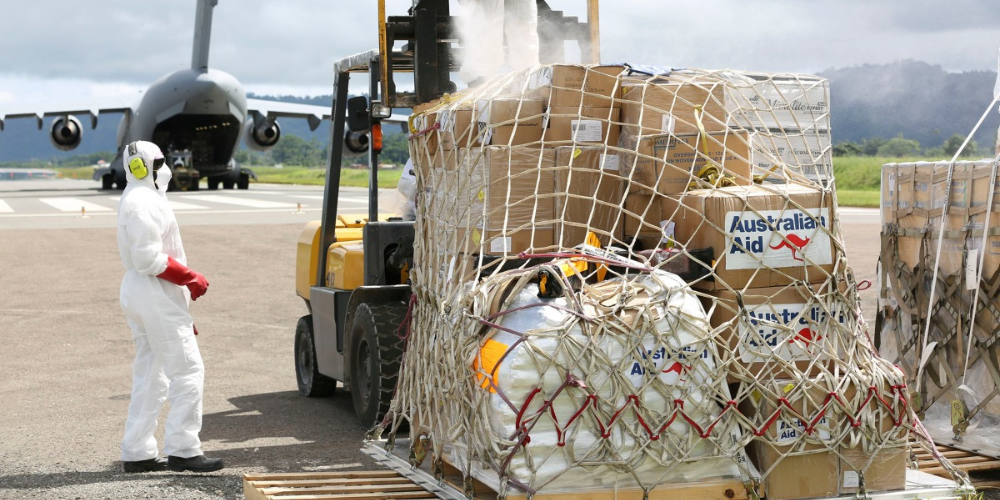All ACFID members commit to full adherence to the principles and requirements outlined in the ACFID Code of Conduct. The Code provides assurance to all ACFID’s members’ stakeholders by enhancing the transparency, accountability and effectiveness of ACFID members.
What do ACFID members have to ensure that funds are properly managed?
ACFID members are required to have policies and procedures in place to ensure that funds and resources are properly controlled and managed. This includes having standards around who they will receive donations from and how they ensure that funds are being used for the purpose for which they are intended.
ACFID members are required to:
- Have policies and procedures which address the prevention of financial wrong-doing. This includes fraud, corruption, counter-terrorism, money-laundering and violation of sanctions imposed by the Australian government.
- Conduct checks of individuals and organisations receiving funds against the Criminal Code list of terrorist organisations and the DFAT consolidated list of individuals and entities subject to targeted financial sanctions.
- Conduct due diligence assessments of partners who manage funds on behalf of the organisation, including checking them against prohibited entities listings.
- Have appropriate and effective internal controls.
- Assess and manage risk in their humanitarian initiatives.
How do ACFID members respond in emergency situations?
ACFID members that support or undertake humanitarian assistance are committed to adhering to the humanitarian assistance principles of humanity, impartiality, independence and neutrality. These principles are derived from international humanitarian law and are central to establishing and maintaining access to those in need of humanitarian assistance.
ACFID members also commit to providing accurate information about the emergency to donors and how any funds donated will be used.
How are ACFID members kept accountable?
ACFID manages a suite of compliance mechanisms designed to ensure that all Code signatories are compliant with its requirements. This includes annual reporting and reviewing ACFID members’ appeals websites for compliance with the Code. An independent, voluntary Code of Conduct Committee monitors adherence to the Code and investigates complaints regarding breaches of the Code.
Find out more about the ACFID Code of Conduct.
Image credit: DFAT and World Health Organization









